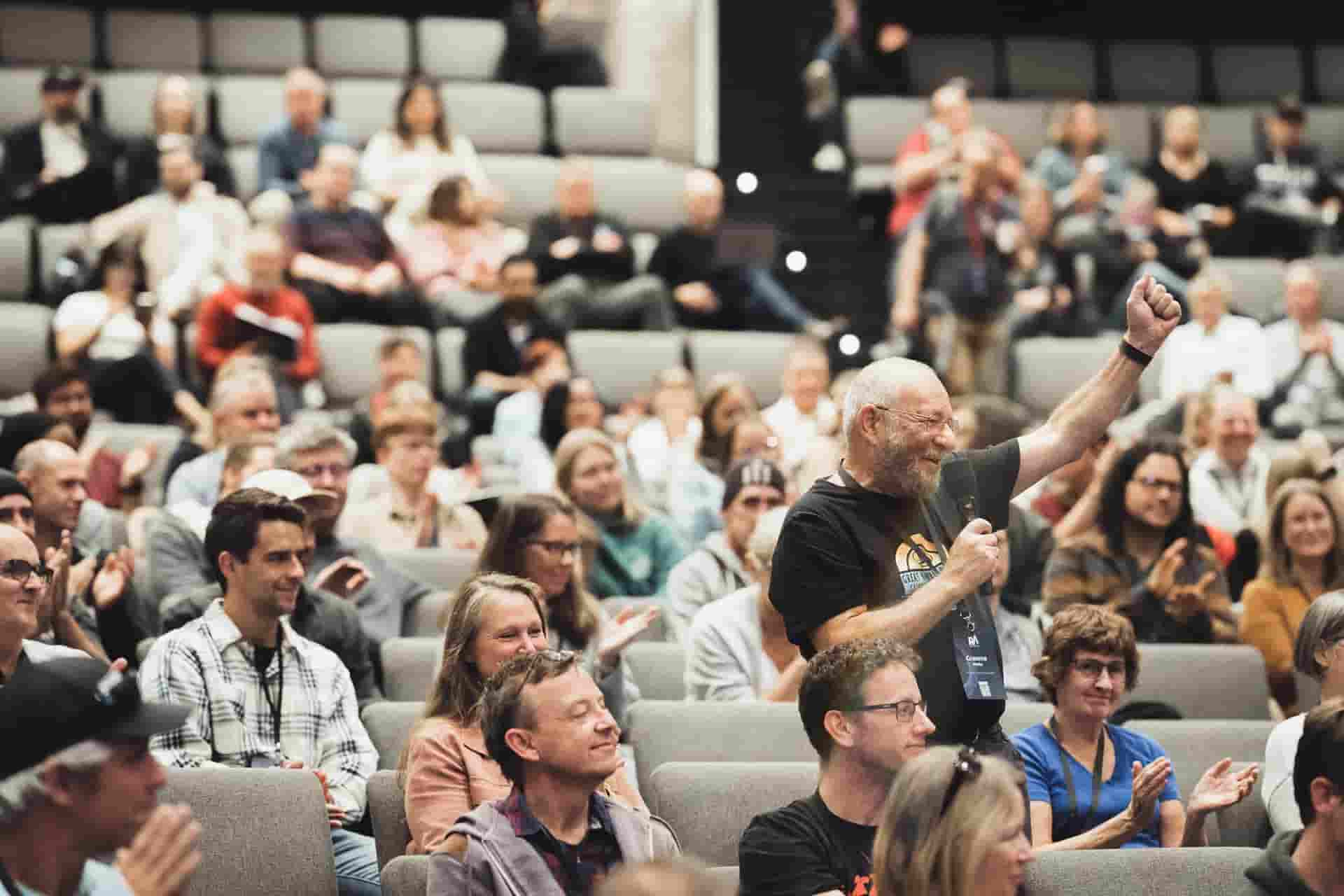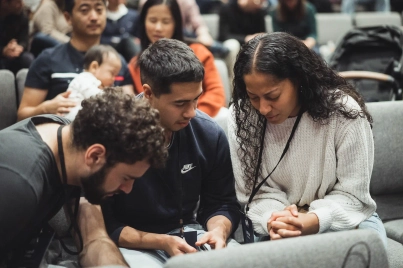Some background information will help as I reflect on the history of Cumberland Uni Church.
Cumberland Uni Church began as a plant from St Pauls Anglican Church Carlingford. St Paul’ remains a church committed to seeing gospel growth through the planting of new congregations both at their main Carlingford site, as well as in surrounding suburbs. In 2003, Marty Field began as AFES staffworker at Sydney Uni Cumberland Campus, just down the road from St Paul’. Over the course of that first year, Marty soon recognised the need for a local church congregation to serve the students. People were becoming Christians, but where were they to gather with God’ people? In terms of faithful Bible teaching, there was a somewhat limited supply in the area near to the campus. Faithfulness in the area of teaching is measured on a spectrum. There were and are churches that teach the Bible. But there was no local English speaking night service targeted at young adults. Students that did live locally were travelling some distance to attend church. Many of these attended St Paul’.
You have probably guessed the conclusion to this little story – Marty asked St Paul’ to consider planting a church. They said yes… kind of.
The philosophy of St Paul’ up until that point had been primarily to grow to a certain size (say 150) and then take a percentage of those people and start again at both the new and original site. Uni Church was something different. The new congregation was to consist of Marty, a Cumbo MTS apprentice, a number of St Paul’ people with Cumbo links, a student minister, an old head with some planting experience, plus some recruited students (including me) who lived locally yet attended other churches.
As I mentioned in last week’ post, we began Uni Church with a team of 13 people. After two years the core of 13 was down to about 6. Another two years and we were down to 3. Every single member of that core team was committed to seeing the gospel going out. So why did people leave? Unfortunately, they left for good reasons. I say unfortunately because it is to my shame that looking back, if I’m brutally honest, I really resented that so many people chose to leave. Maybe if they left for bad reasons, I could be forgiven for this lingering disappointment. But almost every single person that left, did so to focus on other ministries. These other ministries were many and varied; in country areas, overseas, and other para-church organisations.
I also want to knock on the head the concept that godly spin-doctors would wish to relabel this leaving as “being sent”. We did send people out. But not in the sense of as a church wishing to be generous and choosing to be committed to exporting their members for the sake of the gospel in the wider world. We had some link missionaries, but as a congregation we were still too young and small to be exporting from within our midst. People decided to focus their energies elsewhere. I realise this assessment appears overly negative. I want to be clear, it’ not a bad thing that people chose to focus on other ministries. I myself am finishing in a month’ time to do just the same. And people were committing to long term ministries – just not to the long term ministry of Cumberland Uni Church. The dramatic decrease in the number of the core was a big factor in stopping the plant in it’ tracks.
This isn’t inherently a problem. It’ a great opportunity, as one perceived issue of church planting teams is the potential for cliques to form as they go through the challenges of ministry together. A large turnover of people forces the breakdown of the core group. The hope is that this in turn guarantees that others are invited to partner in the work – to own it for themselves. This happened to some degree, but then circumstance hit. All our student contacts within the residential college graduated or left college. The other main student accommodation area – the local nurses quarters was demolished. Our supply of local students dried up. At this stage, the first batch of students began to graduate and like all university ministries the natural and regular turnover began. Combined with the dwindling core, we really couldn’t sustain the ministry in it’ current format. But that didn’t stop us trying.
In short; the ministry changed, but we didn’t.


